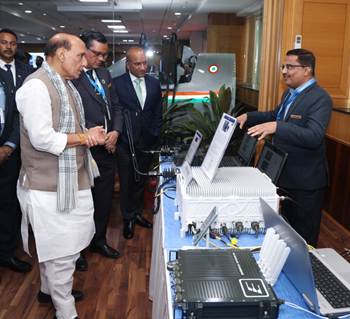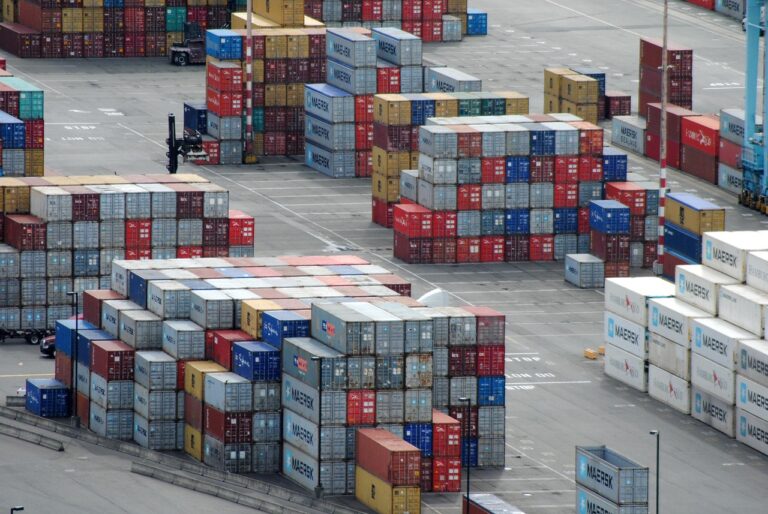
EMPRES-i+ aims to improve intelligence, forecasting and early warning, enabling countries to monitor disease spread and risk of new outbreaks
Rome: The world must be alert to new threats from animal diseases, with COVID-19 underlining the need for greater vigilance, the Food and Agriculture Organization of the United Nations (FAO) urged today, as it launched a new global animal disease information system.
Among the major current animal diseases threatening food security and livelihoods, is African Swine Fever, which according to the Asian Development Bank, has already inflicted losses in the region of between $55 billion to $130 billion, and has recently also reached the Americas.
“We need to prioritize and strengthen the animal health sector“ FAO Director-General QU Dongyu said at an event to launch the EMPRES-i+ system. He added: “Strong international and national animal health systems are key to prevent diseases, ensure safe and nutritious food, and protect farmers’ interests.”
Today’s globalized and hyper-connected world allows the rapid spread of diseases across borders. In this context, disease intelligence systems need to be far more efficient at capturing big data, far more sensitive to detect unusual events, and have the ability to rapidly share information.
The new web-based system will better support countries in identifying and mitigating serious animal disease threats, Qu said, noting that the COVID-19 pandemic highlighted the challenges and importance of early warning.
EMPRES-i+ replaces an earlier version, EMPRES-i, which was first launched in 2004 and has been widely used by hundreds of stakeholders ranging from local communities to global development partners.
The upgraded platform’s features include:
- cloud-based platform with ability to link to other data platforms from public health, animal health, and environmental sectors. This will help users to easily access data from other sectors, and use information they need for further analysis.
- advanced data analytics for users to easily identify disease events and trends. Moreover, it will also help countries to plan their disease control approaches and target interventions.
- forecasting and early warning functions to allow countries to monitor disease spreading and the risk of new outbreaks. From this function, countries will be able to prepare for possible disease outbreaks early in advance.
FAO regards animal health as critical to food and nutrition security and to achieving many of the Sustainable Development Goals, especially those related to improving production, eradication of poverty, ending hunger and ensuring healthy lives for all. Its work on animal health is part of an integrated One Health approach focusing on managing risks at the interfaces between animals, humans and plants.
The FAO Director-General linked the importance of the new system’s launch to UN World Development Information Day on October 24, highlighting how the power of information technology can be harnessed for FAO’s objectives of better production, better nutrition, better environment and a better life for all, leaving no one behind.
“The new EMPRES-i+ underlines the value of early warning information systems for improving lives and livelihoods. But this can only be achieved through collective information sharing and early action,” he said.
– global bihari bureau





